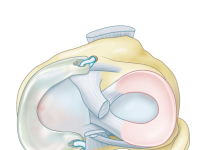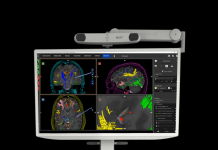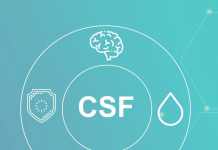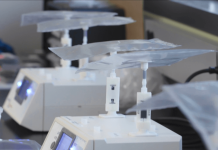The company said the clearance will allow more pharma companies to use Tasso+ for decentralized clinical trials.
Tasso received FDA 510(k) clearance for its patch-like blood collection device, the Tasso+.
The device includes a lancet, which adheres to the arm, that connects to a test tube for collection. After users rub their arm or use a heat pack and sanitize the test site, they press a button on the front of the device to begin drawing capillary blood. Then the tube can be removed and sent to a lab for analysis.
According to Tasso, it usually takes 10 to 15 minutes to complete the test. The newly cleared Tasso+ will be available in the fourth quarter this year.
The company said the clearance will allow pharmaceutical companies to use the device for decentralized clinical trials, while healthcare systems and physicians could utilize it for patient care.
“With continued industry interest in decentralized clinical trials and diverse testing applications, demand for our high-quality, virtually painless, convenient blood collection solutions is at an all-time high,” Ben Casavant, CEO and cofounder of Tasso, said in a statement.
“This FDA Class II medical device clearance will help improve patient care by relieving traditional phlebotomy-related bottlenecks and enabling more individuals to get the tests they need at the time they are needed. We are excited to unlock a new wave of large commercial opportunities for the company and to lead the industry into the future of remote testing.”
Tasso was founded about a decade ago by cofounders Casavant and Erwin Berthier, who serves as chief technology officer. The company was incubated in the Cedars-Sinai Tech Stars accelerator in 2017, and two years later raised a $6.1 million Series A.
The startup scored another $17 million in 2020, followed by a whopping $100 million Series B round late last year.
Tasso has two other blood collection devices, which have not yet received FDA 510(k) clearance. The Tasso-M20 delivers dried blood samples, while the Tasso-SST offers blood samples prepared without anticoagulation.
Other companies aiming to bring more lab tests into the home include Everlywell, Cue Health and traditional player Labcorp, which recently partnered with Getlabs to offer at-home sample collection. Telehealth giant Teladoc has also recently expanded into home collection for its primary care program through a collaboration with Scarlet Health.
Since the COVID-19 pandemic, decentralized clinical trials have also gained traction. DCT platform Medable, which raised $304 million in Series D funding last year, announced partnerships with CVS and connected device company Withings this year.
Others offering DCT technology include uMotif, Curebase and Reify Health.




